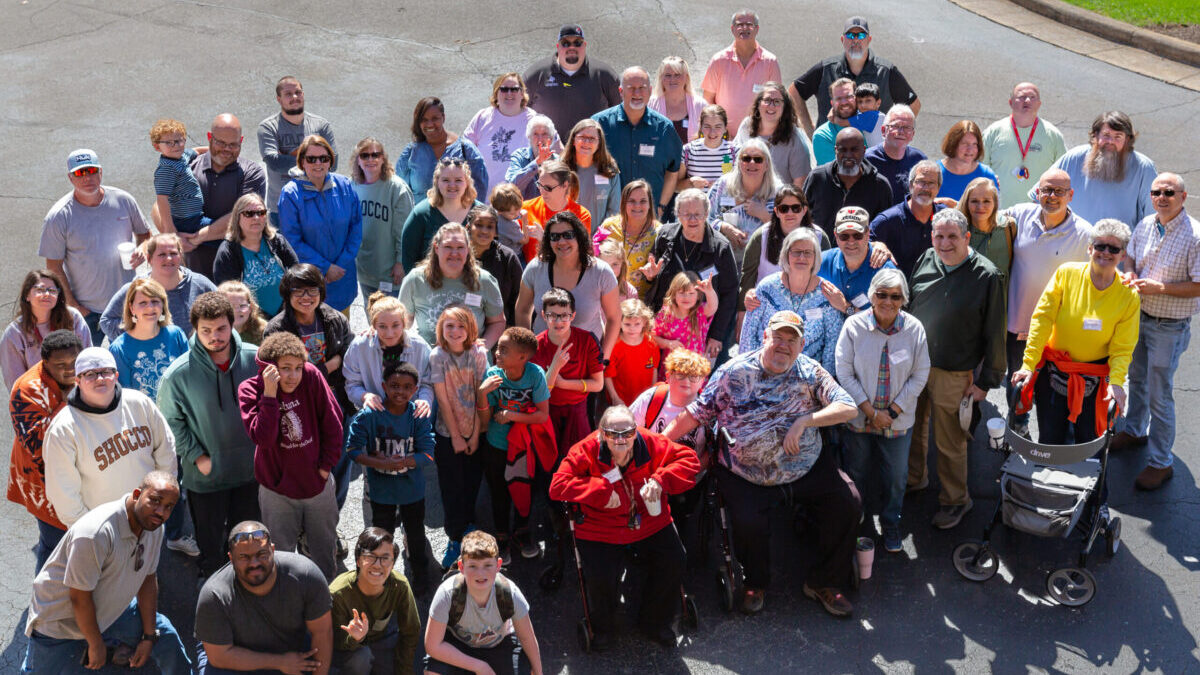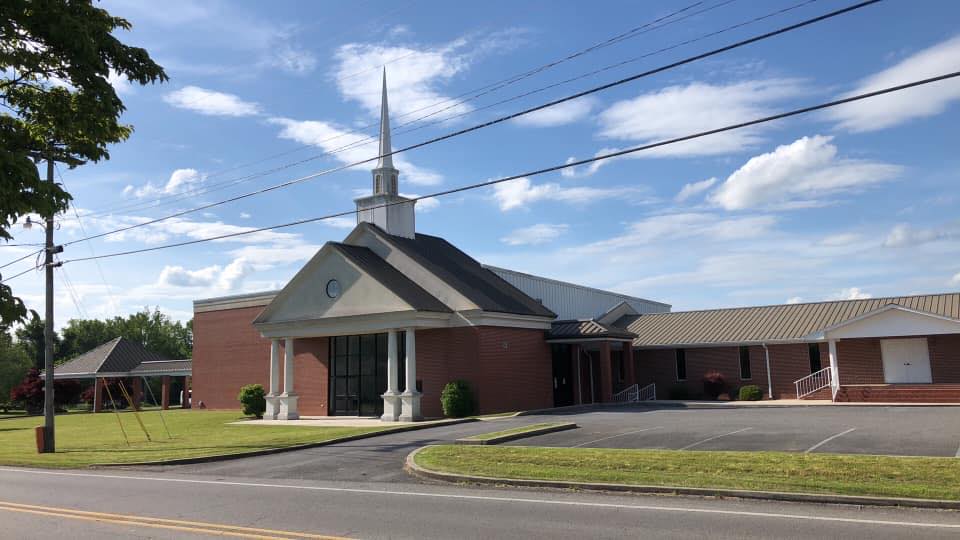Alabama Baptist Deaf churches held their annual conference — Alabama Baptist Conference of the Deaf — March 3–5 at Shocco Springs Baptist Conference Center in Talladega.
The annual conference is part family reunion, part continuing education for those who are Deaf and those who serve in Deaf ministry. The event features an adult track and a track for teens, JrABCD. About 75 people attended this year’s conference.
Steve Dye, Deaf ministry catalyst consultant for the Alabama Baptist State Board of Missions, explained that language issues are the main reason a separate conference is important.
“[In a] Deaf group study led by a skilled Deaf leader … [the Deaf] will get 100% of the message, compared to a hearing interpreted group or service where the Deaf would only catch about 60% of the message. I read … that a hearing person would average learning about 700,000 words before they graduate high school. A deaf person would average about 80,000 — [a] pretty big difference,” Dye said.
American Sign Language is often mistaken for a visual form of English. It’s actually a distinct language, with a different word order. Because English is a second language for many in the Deaf community, the speaker often includes explanations of words or terms used.
At ABCD, for example, when featured speaker LeRance Hall, pastor of the Deaf ministry of Roebuck Baptist Church in Spartanburg, South Carolina, shared ways to encourage someone who is terminally ill, he first made sure everyone understood what terminally ill means.
The Deaf ask questions and offer opinions throughout a message, making it very interactive. However, the audience can’t always see what’s being signed. For everyone to “hear” everything, someone faces the group and mirrors the question or comments in ASL.
Music
ABCD also is an annual opportunity to educate the broader Alabama Baptist family about the Deaf community and ministering to and with its members. For example, people who are deaf love worship music just as much as hearing believers do. Deaf people simply participate in worship music differently.
One person faces the group and interprets a prerecorded song. Lyrics are often displayed so the audience can sign along. The music is loud with the bass cranked up so that the Deaf can feel the vibrations of the beat.
The worship leader for ABCD was Tarell Trask. Now living in Montgomery, Trask is hearing. She graduated from Troy University, obtaining a bachelor’s degree in interpreting.
“My passion to interpret using sign language is a divine calling from God. I don’t have any deaf family members, and this was definitely a step of faith and total obedience to God’s perfect, not permissive, plan for my life for His glory. It is so worth it!” Trask explained.
Out of the songs chosen for the weekend, she has two favorites: “Believe” by Blessing Offor and “I Speak Jesus” by Charity Gayle.
Encouragement
“Sometimes, His word to me was just to ‘Believe’ His love for me instead of looking for love in all the wrong places. Other times, He wanted to lead me back to His presence and just call on Jesus — “I Speak Jesus” — who is the only One that can save,” she said.
Like an interpreter for the Deaf in a hearing service, in a Deaf meeting someone will “reverse interpret” or “voice” what is being signed for those not fluent in ASL.
The topic of the teaching sessions for both adults and youth was encouragement.
Hall said that before COVID-19, the Deaf were more involved in each other’s lives. They were motivated to fellowship and hear God’s Word. Since the pandemic, attendance at Deaf churches and Deaf functions is down. He explained to deaf Christians why they need to return to helping and encouraging each other.
Micah Willis spoke at the JrABCD meetings. His passions are training and discipling the next generation of deaf teens to be leaders, as well as leading worship at Deaf conferences and retreats.
“It is very important for [the Deaf] to know how to encourage themselves when facing problems in their daily lives. And to encourage others as well. Youth is my passion, and I love to do what I get to do for the Kingdom of God,” Wills shared.
Even though there are differences, Dye is adamant that language barriers between the hearing and the Deaf are not an excuse for not reaching out to this mostly unchurched population.
“We have 28,000 [deaf people] in the state of Alabama. We average around 200 in attendance in our churches. That has got to change. Listen to your deaf people and pray with them. Do not let the language barriers stop you from reaching out,” he urged.
To find out more about what’s going on with the Deaf in Alabama and throughout the Southern Baptist Convention, go to albcdeaf.org and click on “Alabama Ministries” under the menu tab.






Share with others: